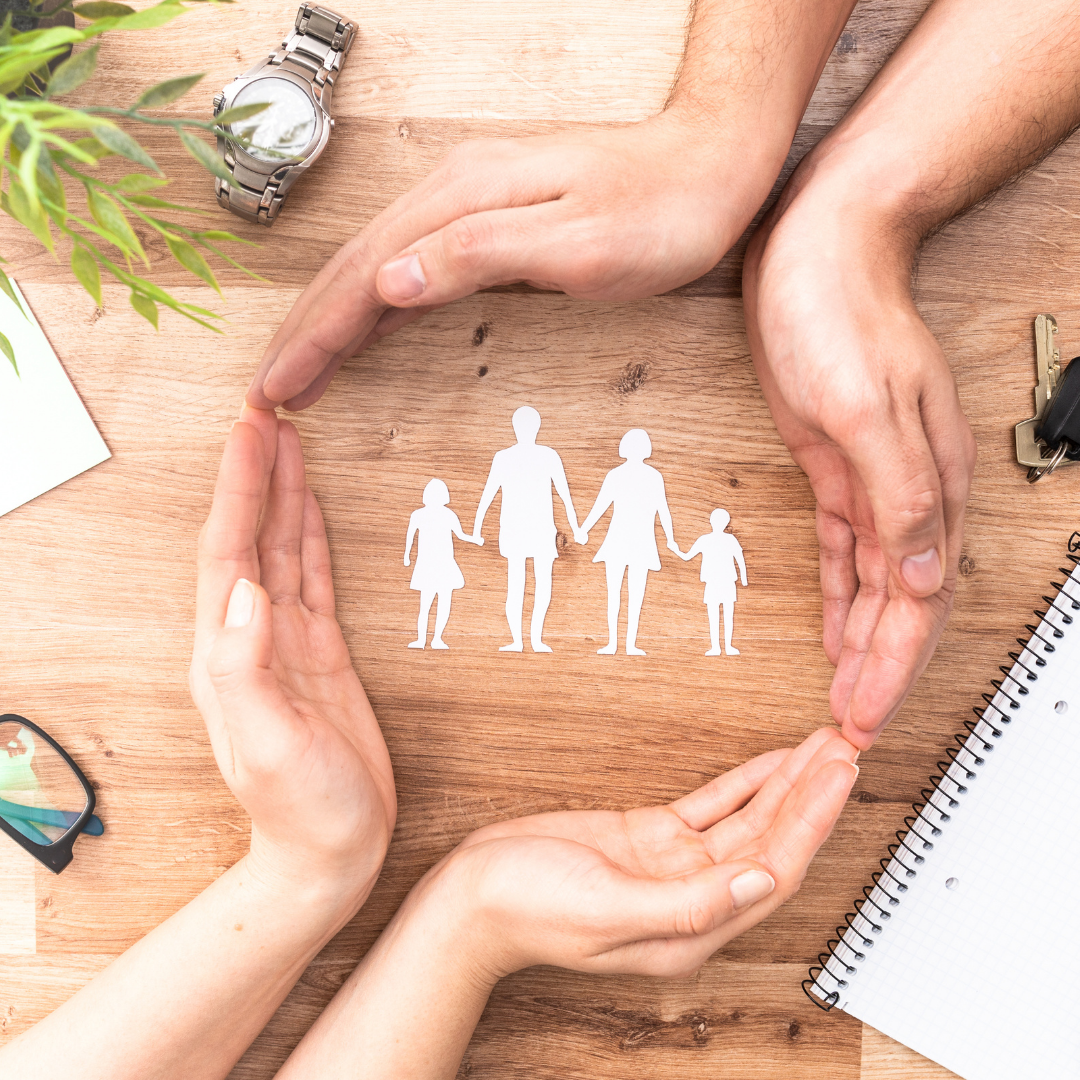Soulful Healing For The Family: What It Means In The Contemporary World
“Experience is what you get when you don’t get what you want” – Dan Stanford.
If something this pandemic has taught us, apart from professional deliverance, it has to be self-care.
People have lost their family members, friends, and loved ones. And it has already triggered many psychological and physical problems.
Indeed, a lot has already been studied and published about maintaining physical and mental health during the pandemic.
But, there is another side to the after-effects of the pandemic, which has been covered the least – health of the soul.
Believe us, as much as it is important to maintain physical and mental health, your soul’s health also needs equal attention.
Although defining what SOUL means is not entirely feasible, we would still give it a shot.
Everything from your energy, mood and behaviour that your mind or body cannot contemplate can be summed under the soul. And yes, it also includes the aura that you radiate.
Keeping that in mind, let’s understand what it means to care for the soul and how to do it.
What Does It Mean To Care For The Soul?
Caring for the soul essentially means empowering an individual to fight off symptoms like helplessness, grief, loneliness, mistrust, and displacement.
To your surprise, these symptoms or feelings are typically called five folds of the soul.
Let’s understand them briefly with examples.
Helplessness
There are not many states of the soul as unbearable as the feeling of powerlessness. And Helplessness certainly is one of them.
Reportedly, an Italian woman during the Covid outbreak didn’t get to bid a proper funeral for her dead husband. He died at the age of 85 due to the virus.
She struggled to explain her feelings and said it was helplessness in the face of the current pandemic.
Grief
Grief is not to be confused with depressive disorder, although these two conditions may co-occur.
Instead of depression, which is a mental state, grief is the feeling of sadness, which is deeply emotional in essence.
And the pandemic has only triggered it in more ways than many of us can anticipate. As a result, it is more difficult to overcome the sentiment by simply mourning over the losses.
Loneliness
The loss of loved ones and family have had a soul-crushing impact on many of us. It has created a paradox of emotional turbulence amongst the survivors.
Indeed, the times now demand company and solace of community, which is somehow denied since we all are forced into isolation.
Most of us are left without families or in the grief of the lost ones. And it is somehow leading to a sense of loneliness. Perhaps, the little social connections that we have over the internet is no substitute for the hug from a friend or a loved one.
Mistrust
A peculiar trend has been observed by the behaviour experts – mistrust in medical treatments. Perhaps, a spokesperson from Psychic Healing Brisbane studio explains it to be somehow related to emotional beliefs and hardships of life. And it might be possible to overcome these feelings of mistrust through soulful treatments.
There have been conspiracy theories circulating around available medical treatments.
In a US study, half of the people surveyed believed in at least one of the many conspiracy theories.
Displacement
Here, displacement does not mean moving from one place to another but instead implies an exile from one’s status in life. People have been benefiting from their usual roles.
For example, if found infected, a nurse or a physician may suddenly be deprived of their liberty and power. Leaving them in a position of weakness leading to vulnerability.
The point here is, many of us have been forced to suddenly believe we lack something as a person or an individual.
Healing The Soul – How To Do It?
There is undoubtedly no-size that fits all formulas to heal the soul. For some, it could be a cognitive treatment such as therapy. For others, it could be psychic readings and predictions that may stay hopeful of better times.
Notably, the soul is not grounded in reason or logic, as Thomas Moore opines, the healing should be more directed to desires.
People need to believe in what they can achieve and what the future has for them in stores. And they need to believe in it positively.
Indeed, we all need to.
As the adage saying goes…what may come shall pass.
Essentially, some may find comfort in religious or spiritual traditions. After all, they are said to be a way to connect with the soul.
For example, in Judaism or Buddhism, gratitude is highly valued. And it is believed to be a means of dealing with misfortune, and sometimes, pay penance.
It may seem a far-fetched thing, especially when we live in a contemporary world where less emphasis is laid upon one’s religious beliefs.
In contrast, it may be reading or indulging in something that could help create a distraction for many others. It is quite effective in overcoming grief and feelings of loneliness. And may help people stay sane, to a great extent.
Some others may also go for a more cognitive treatment such as Rational Emotive Behavioral Therapy (REBT). The therapy was initially developed by an American psychologist to help identify irrational fears and destructive thoughts.
Conclusion
Suggesting that the pandemic is a good thing is entirely out of the equation.
The widespread sickness and suffering have definitely had an impact on our health. And not just physically or mentally, but emotionally too.
The vaccines may help treat physical symptoms. Likewise, therapeutic medicines may help treat mental symptoms.
But, at the same time, the soul also needs to heal from all the grief and loneliness.
It may or may not be visible, but emotional instability can lead to several mental and physical health problems down the road.
As the social philosopher Rabbi Manis Friedman says – “it is sometimes good to be reminded that we have not yet mastered the universe.”
Perhaps, there is always a greater force at work – more incredible than the most brilliant minds on the planet.



